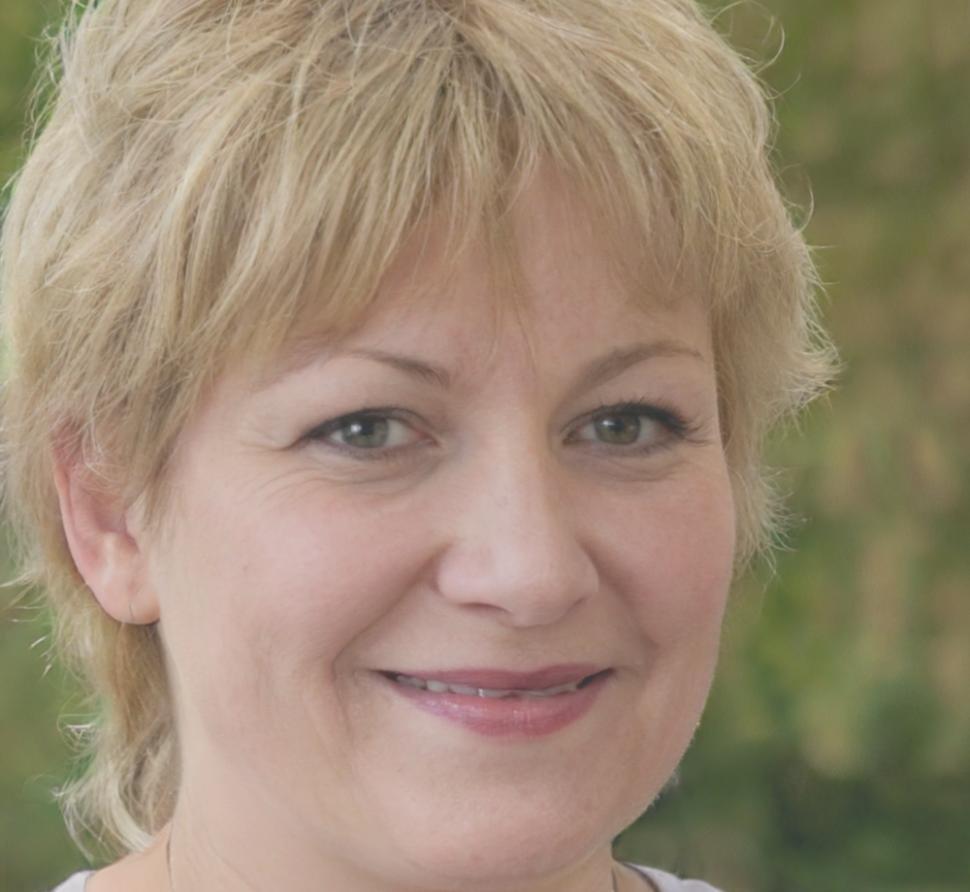What You Need Before Starting Financial Research
Financial research isn't just about crunching numbers. It's about asking the right questions and knowing where to look for answers. Before you dive into our program, there are a few things worth thinking about.
Most people assume they need an economics degree or advanced math skills. That's not really true. What matters more is curiosity paired with discipline. And honestly? A willingness to admit when you don't understand something.
We've seen people from all sorts of backgrounds succeed in financial research. Teachers, engineers, even a former chef. The common thread wasn't their previous experience—it was their approach to learning.

Core Abilities That Actually Help
- Basic spreadsheet comfort—you don't need to be an Excel wizard, but you should know your way around formulas and data organization.
- Critical thinking that goes beyond surface-level analysis. Can you spot patterns? Question assumptions? That's what we're talking about.
- Patience with dense material. Financial reports aren't beach reads. Sometimes you'll need to read a paragraph three times.
- Communication skills matter more than people think. Research is useless if you can't explain what you found.
- Time management—not because we're strict about deadlines, but because research takes longer than you'd expect.
The Mindset Component Nobody Talks About
Financial research involves a lot of uncertainty. Market conditions shift. Data contradicts itself. Companies release information that doesn't quite add up.
You need to be okay with that ambiguity. Some students struggle because they want definitive answers immediately. But research is iterative. You form hypotheses, test them, refine your thinking.
It's also important to develop what we call "healthy skepticism." Trust the data, but verify sources. Understand context. A number in isolation rarely tells the full story.
And maybe most importantly—be prepared to be wrong. Even experienced analysts make mistakes. The difference is they learn from them rather than getting discouraged.

What We Expect You to Bring
These aren't strict requirements, but they'll make your learning experience considerably smoother.
Basic Numeracy
You should be comfortable with percentages, ratios, and basic algebra. We'll teach you the advanced stuff, but fundamental math literacy helps you keep pace.
Reading Stamina
Financial documents are lengthy and detailed. Annual reports can run hundreds of pages. You'll need the focus to work through dense material without zoning out.
Research Curiosity
The best researchers don't just answer assigned questions—they ask follow-up questions. They dig deeper. That curiosity can't really be taught, but it can be encouraged.

"I started with zero finance background. What helped me succeed was treating every concept like a puzzle to solve rather than a formula to memorize. That shift in perspective made all the difference."
Tamsin Elderfield, Research Analyst